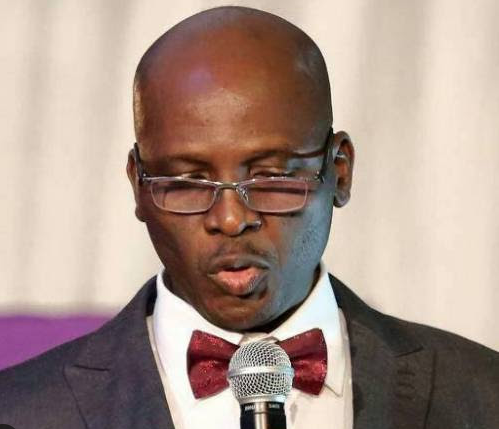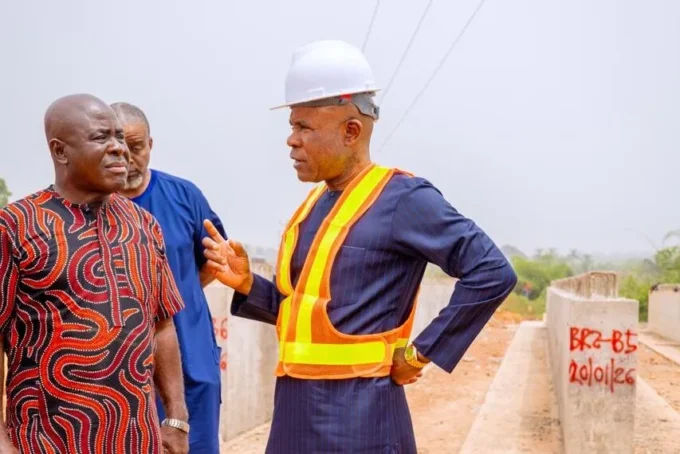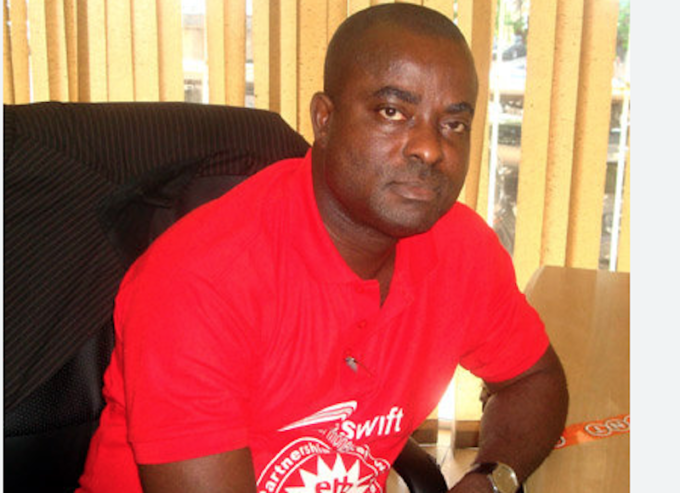Femi Akintunde-Johnson
Seven years on from that merry-go-round of memes and manifestoes dotting Muhammadu Buhari’s beleaguered administration, the nation’s rant-machine has levelled up from vuvuzelas to foghorns. The tone is no longer just partisan jousting; it’s bread-and-beans economics, generator bills, school fees, and a daily baptism in exchange-rate holy water. People aren’t simply irritated; they’re exhausted – and when citizens are tired, their grammar shortens and their temper lengthens.
Consider the charge sheet – the notable, printable version. One, cost of living. Headline inflation has cooled from its scorching peak but still eats pay packets; even the official numbers concede a painful year, with prices soaring through 2024 before easing to about 22% by June 2025 – and food remains the neighbourhood bully. When garri and rice become luxury items, hashtags turn into “koboko”.
Two, power and tariffs. Band-A customers, roughly the “most-served”, got a 200-plus naira per kWh shock in April 2024 (later trimmed), and many Nigerians read the fine print as: “pay more, still self-generate.” Even if the policy logic is to stop bleeding subsidies and rescue a cash-strapped value chain, the optics in a lean season felt like premium tears.
Three, the naira’s rollercoaster. Businesses price like weather forecasters – “today’s rate, not tomorrow’s.” The FX market reform promised transparency; citizens met volatility. This week’s NAFEM close hovering around the mid-₦1,500s to the dollar sums up the distance between policy statements and market psychology.
Four, petrol as the national thermostat. After subsidy removal, pump prices leapt – first to the famous ₦617/litre in 2023, then episodically higher amid supply squeezes in 2024 – and every transporter, farmer and hair-braider sent the bill upstream to consumers. The state’s mitigation talk (CNG, targeted support) hasn’t yet matched the immediacy of the pain at the pump.
Five, security fatigue. The 2024 mass abductions jolted a public already on edge. Yes, some victims were eventually freed – and we must applaud every safe return – but each outrage compounds the belief that predators can roam and ransom at will.
Six, trust and perception. Survey after survey shows citizens increasingly unimpressed with governance outcomes and openly sceptical of flagship reforms (especially on subsidy). When the national mood sours, even good news tastes like unsweetened pap.
These grievances aren’t the feral name-calling of social media alone. They are the respectable, Sunday-best objections you will hear in churches, mosques, salons and staff rooms – “we can’t plan,” “tariffs outpaced service,” “policy sequencing punished the poor first,” “communication sounds triumphant while we’re counting coins.” Add the macro-context: a public debt pile now past ₦120 trillion, and you have a citizenry that suspects government arithmetic works only on paper and podiums.
So, what should today’s operators do – practically, measurably – to cool the temperature before campaigns start hoovering oxygen again?
First, stop arguing with thermometers. Own the hardship, plainly. Monthly, not quarterly, briefings that tie numbers to kitchen realities: “this is where inflation sits, what we’ll do in 30/60/90 days; this is how much grain, fertiliser, or forex will hit which channels and when.” Show your work; publish dashboards; let citizens verify without needing a cousin in Customs.
Second, sequence relief with credibility. Cash transfers only work if the roll is clean and the money lands. Use independent audits on the social register and publish error rates alongside fixes. Tie any World Bank-backed support to transparent milestones Nigerians can track – not press releases.
Third, fix the electricity narrative while you fix supply. If Band-A pays more, Band-A must feel it, every day. Mandate weekly uptime reports feeder-by-feeder; penalise under-delivery automatically; accelerate metering so people stop paying “estimation tithe.” If tariffs must move, pair them with time-bound service guarantees and claw-backs when DisCos miss targets. The citizen should not need a senator to get a refund.
Fourth, steady the FX ship. Markets forgive tough news; they punish mixed signals. Publish a clear, rules-based intervention playbook – triggers, corridors, and limits – so importers can price three months out without ulcer medicine. Sweat the backlogs; celebrate only when clearance is independently verified. If the naira rallies, let it be because confidence returned, not because tweets said so.
Fifth, lower the cost of moving things and people. Fast-track CNG where it matters – city buses, ride-hailing fleets, freight corridors – and show the fare cuts route-by-route. Citizens believe what they can board. Pair that with targeted duty waivers for basic food imports during planting shortfalls, with sunset clauses so we don’t kneecap local producers.
Sixth, treat school safety as infrastructure. Make secure-school standards (perimeter, rapid alert, local responder protocols) a national programme with public trackers – green, amber, red – by LGA. When an abduction happens, the dashboard should already show the preparedness score of that school and the remedial work funded last quarter. Courage is good; systems are better.
Seventh, reform by listening. Hold quarterly, televised town halls with awkward audiences – market women, junior doctors, inter-state drivers, etc. – and take unscripted questions. The point isn’t to win every argument; it’s to show the government can absorb heat without retaliating. Nigerians will forgive delays; they rarely forgive condescension.
Finally, tidy the politics before the politics eats governance. Pre-empt 2027’s noise with a grown-up code of conduct: no agency resources for partisan hype; equal access rules for state media; and independent monitors whose weekly rap sheet is impossible to bury. If you keep governance boringly predictable, the rants will lose caffeine.
In 2018 we prayed to land, post 2023-elections, with “tattered wings still intact.” In 2025, many feel those wings are now stitched with IOUs. Yet the route to calmer skies is not mystical. Speak frankly; deliver tangibly; measure publicly. Nigerians are not allergic to reform – only to reforms that arrive like a whip and leave like a rumour. If leaders can reverse that choreography, the nation will find its laughter again – not as a coping mechanism, but as proof that the centre is finally holding.

















Leave a comment